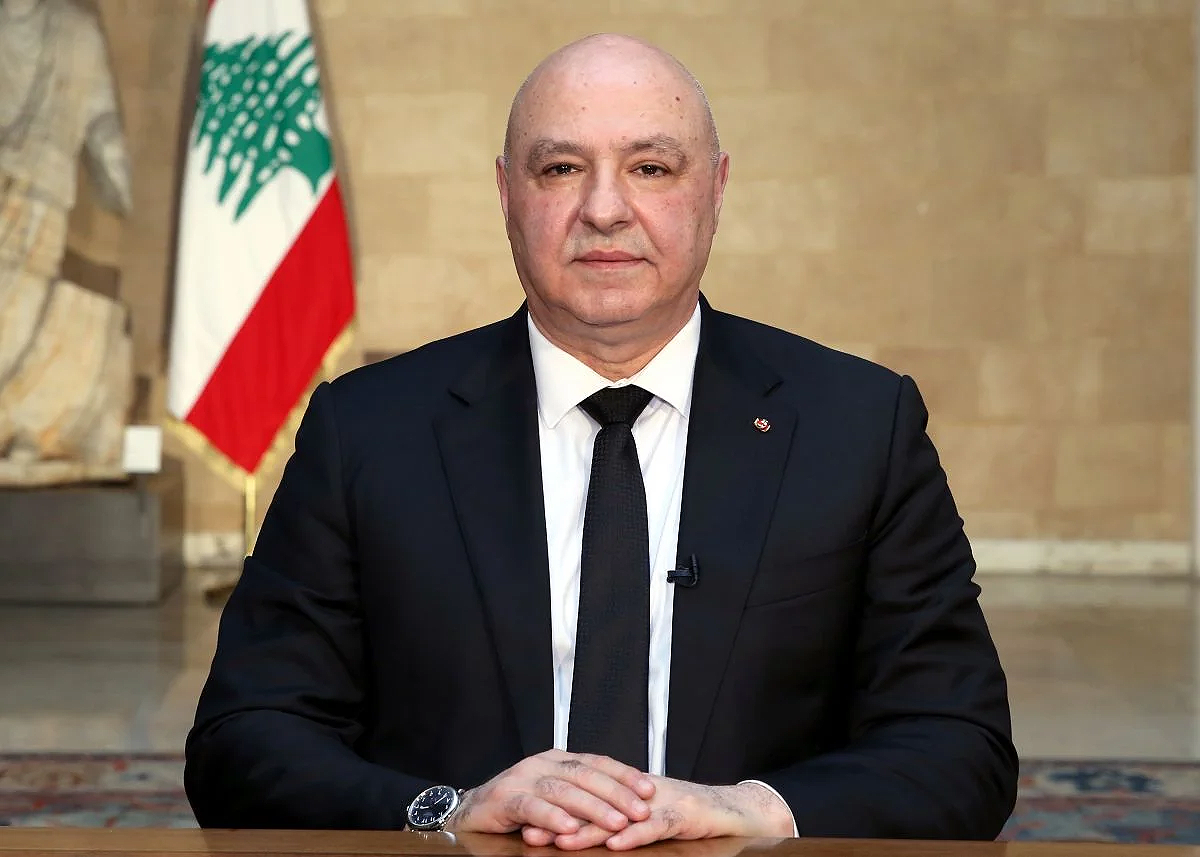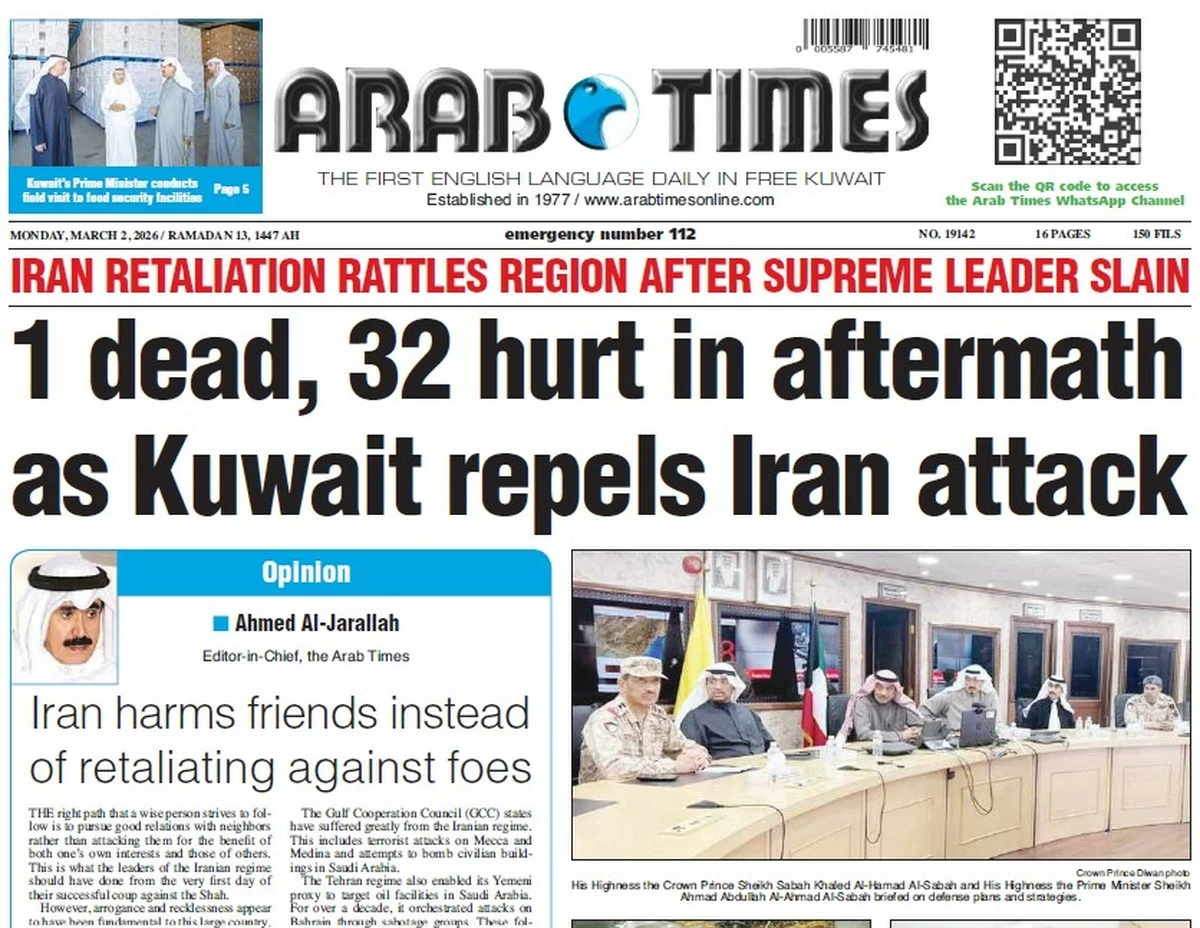11/08/2025
11/08/2025

President of Lebanon, Joseph Aoun
KUWAIT CITY, Aug 10: Since President Joseph Aoun took office in January 2025, Lebanon’s economy has begun showing signs of recovery from the prolonged recession and near-total paralysis that afflicted it for years. Early official indicators point to renewed momentum in the economic reform process, driven by a return to political and institutional stability.
Many local and international observers are hopeful that Lebanon’s security situation will remain stable, as this will positively impact economic reforms. President Joseph Aoun has pledged several reforms, but their success depends heavily on the cooperation and support of all parties.
However, recent political tensions have raised concerns. The withdrawal of Hezbollah and Amal Movement ministers from the latest ministerial meeting in protest against placing the issue of Hezbollah’s weapons on the agenda has sparked fears of renewed political crisis after Lebanon’s slow recovery. As a result, there are growing calls for a return to calm and ministerial stability, and for all ministers to fulfill their responsibilities to ensure continued economic progress. This comes amid international expectations that Lebanon could achieve positive economic growth rates by the end of 2025. However, concerns persist among observers about the risk of Lebanon slipping back into economic decline, particularly given the country’s long-standing struggles with widespread corruption, financial mismanagement, and money laundering.
The Lebanese people are hopeful that the path of economic reform championed by President Joseph Aoun since he assumed office in May will continue, especially in light of recent data from the International Monetary Fund (IMF) pointing to promising developments. According to the IMF, inflation is expected to decline to 15.2 percent in 2025, especially due to President Aoun’s efforts to promote national unity and reduce political polarization, emphasizing loyalty to the country above sectarian, religious, or partisan divisions. Local and international circles highlighted Lebanese President Joseph Aoun’s call for global support in rebuilding Lebanon and revitalizing its economy as an important step, especially as the damage to infrastructure and urban areas is estimated to have cost the country over USD 14 billion.
They noted that President Aoun’s commitment to several reform issues, including ensuring the integrity of parliamentary elections, purging state institutions of corrupt officials, and strengthening the army and judiciary through proposed judicial authority legislation, could place Lebanon on a clear path toward meaningful economic recovery. However, the success of these reforms hinges on fulfilling the demands of the president and government to transfer Hezbollah’s weapons to state control and eliminate unusable arms. They emphasized the importance of securing support for the army and security forces, noting that maintaining national security is directly linked to economic recovery and stability.
President Joseph Aoun was also praised for his calls to eliminate bureaucratic obstacles that hinder individual and institutional progress. He has recently underscored the need to activate the role of municipalities, implement the administrative decentralization law, hold parliamentary elections on schedule, and guarantee the voting rights of expatriates, all while urging government ministers to fully assume their responsibilities. Experts agree that implementing these reforms will revitalize the Lebanese economy and guide it onto the right path.
To further stimulate economic recovery, many financial and economic experts have called for robust support of the banking sector. According to the Central Bank of Lebanon, the sector is showing signs of relative recovery, with foreign currency reserves recently reaching USD 11.2 billion, while the Lebanese pound has remained relatively stable compared to previous years.
By Najeh Bilal
Al-Seyassah/Arab Times Staff
Al-Seyassah/Arab Times Staff


